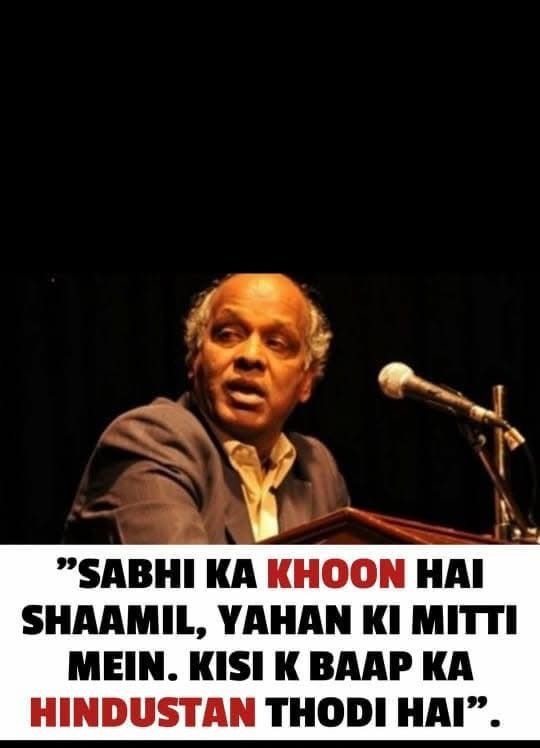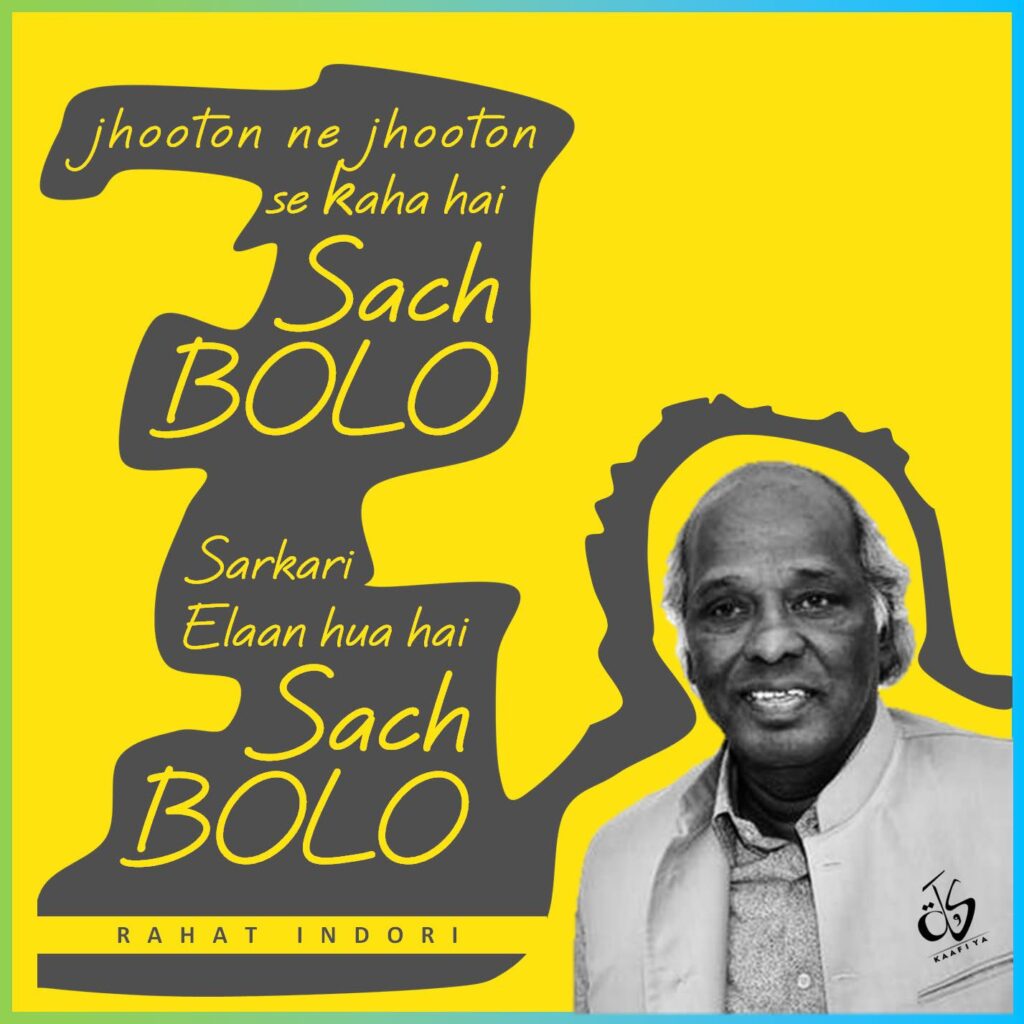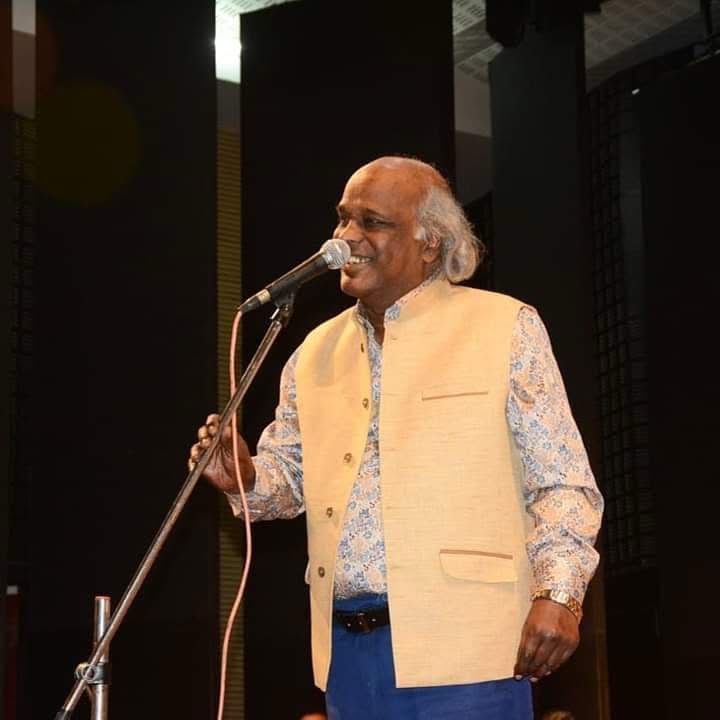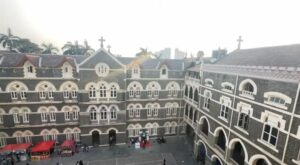


Echoes of Defiance: A Tribute to Dr. Rahat Indori on His 5th Death Anniversary
As the calendar turns to August 11, 2025, the literary world pauses to remember a voice that thundered against injustice, a pen that painted vivid portraits of resilience, and a spirit that embodied the unyielding soul of India. Dr. Rahat Indori , the iconic Urdu poet, lyricist, and professor, left us five years ago on this very day, succumbing to complications from COVID-19 at the age of 70. Yet, his words continue to echo through mushairas, social media, and the hearts of millions, reminding us that true poetry is not just art but a weapon for truth. Known for his fearless stance on social and political issues, Indori’s poetry was a beacon of hope in turbulent times, blending wit, emotion, and unapologetic patriotism.
This tribute celebrates his life, his works, and the timeless relevance of his verses, drawing deeply from one of his most powerful poems that captured the essence of unity and defiance.
A Humble Beginning: Roots in Indore
Born Rahat Qureshi on January 1, 1950, in the bustling city of Indore, Madhya Pradesh, Indori’s early life was steeped in simplicity and struggle. The fourth child of Rafatullah Qureshi, a cloth mill worker, and Maqbool Un Nisa Begum, he grew up in a modest household where hard work and education were paramount. His schooling at Nutan School in Indore laid the foundation for a lifelong love affair with language. Graduating from Islamia Karimia College in 1973, he pursued an MA in Urdu literature from Barkatullah University in Bhopal, earning a gold medal in 1975.
His academic journey culminated in a PhD from Bhoj University in 1985, with a thesis on “Urdu Main Mushaira,” reflecting his deep immersion in the world of poetic gatherings.
From these humble roots sprang a giant of Urdu literature. Indori’s early experiences shaped his poetry, infusing it with the grit of everyday life and the wisdom of the streets. He often drew from personal anecdotes, transforming ordinary struggles into profound metaphors.
As a painter in his youth, he brought a visual flair to his verses, painting pictures with words that resonated across generations.
His journey from a mill worker’s son to a revered professor at Devi Ahilya Vishwavidyalaya (DAVV) in Indore exemplified the power of perseverance, inspiring countless young minds to embrace Urdu as a living, breathing force.
The Poet’s Odyssey: Mushairas and Global Acclaim
Dr. Rahat Indori’s career as a poet spanned over four decades, during which he became a staple in mushairas and kavi sammelans across India and the world. Traveling to countries like the United States, United Kingdom, Australia, Canada, and the Middle East, he captivated audiences with his inimitable style— a blend of rhythmic delivery, sharp wit, and unflinching honesty. His performances were not mere recitals; they were electrifying events where the crowd hung on every word, often erupting in applause at his punchy couplets.
Indori published several collections that solidified his place in Urdu literature, including “Rut,” “Do Qadam Aur Sahi,” “Mere Baad,” “Dhoop Bahut Hai,” “Chand Pagal Hai,” “Maujood,” and “Naraz.” These works explored themes of love, loss, society, and politics, always with a touch of rebellion. His poetry was accessible yet profound, appealing to both scholars and the common person. As a professor, he mentored generations of students, instilling in them a passion for Urdu that extended beyond academia. His appearances on television shows like “The Kapil Sharma Show” and “Wah! Wah! Kya Baat Hai!” brought his charisma to living rooms, making him a household name.
What set Indori apart was his fearlessness. In an era of polarizing politics, he used his platform to speak truth to power, often courting controversy but never backing down. His verses became anthems for social movements, viral on social media, and symbols of resistance.
Melodies of the Heart: Contributions to Bollywood
Beyond poetry, Dr. Indori’s genius shone brightly in Bollywood, where he penned lyrics that captured the soul of Indian cinema.
With a career spanning hits from the 1990s onward, he collaborated with composers like Anu Malik and A.R. Rahman, infusing songs with poetic depth. Who can forget the haunting “Dil Hi To Hai” from “Ghayal” (1990), or the playful “Neend Churayi Meri” from “Ishq” (1997)? His words in “Dekh Le Aake Zara” from “Munna Bhai M.B.B.S.” (2003) added emotional layers to the film’s narrative, while “Bumbro” from “Mission Kashmir” (2000) evoked the beauty and pain of Kashmir.
Indori’s lyrics were more than filler; they were poetry set to music, blending traditional Urdu imagery with contemporary sentiments. Songs like “Aaj Humne Dil Ka Har Kissa” from “Sir” (1993) showcased his ability to convey heartbreak with elegance. His work earned him acclaim from peers like Javed Akhtar and Shabana Azmi, who hailed him as a “prolific and powerful” voice upon his passing. Through Bollywood, Indori reached audiences far beyond literary circles, immortalizing his words in the collective memory of Indian pop culture.
The Anthem of Unity: “Kisi Ke Baap Ka Hindostan Thodi Hai”
No tribute to Dr. Rahat Indori would be complete without delving into one of his most iconic poems, which encapsulates his bold patriotism and disdain for divisiveness. Recited in his signature style at mushairas, it became a rallying cry during protests against communalism, particularly the Citizenship Amendment Act (CAA) in 2019-2020.
The poem, with its powerful lines, speaks directly to the soul of a pluralistic India:
“Agar khilaaf hain hone do jaan thodi hai,
Ye sab dhuaan hai koi aasman thodi hai.”
(If we are against it, let it be, life is not enough, all this is smoke, it is not the sky.)
Here, Indori dismisses threats with nonchalant bravery, likening opposition to mere smoke that cannot eclipse the vast sky. He continues:
“Lagegi aag to aaenge ghar kai zad mein,
Yahan pe sirf hamara makaan thodi hai.”
(If fire erupts, many houses will be engulfed, this is not only our house here.)
This warns of the collective peril in division, emphasizing shared destiny. His defiance peaks in:
“Hamare munh se jo nikle vahi sadaqat hai,
Hamare munh mein tumhari zaban thodi hai.”
(Whatever comes out of our mouth is our sincerity, we do not have your tongue in our mouth.)
Indori asserts authenticity, refusing to be silenced or scripted by others. Acknowledging adversaries, he notes:
“Main jaanta hoon ke dushman bhi kam nahin lekin,
Hamari tarah hatheli pe jaan thodi hai.”
(I know that the enemies are also not less, but they do not have their lives on their palms like us.)
This highlights the courage of the oppressed, lives held precariously yet boldly. Critiquing transient power, he declares:
“Jo aaj sahib-e-masnad hain kal nahin honge,
Kirayedar hain zati makaan thodi hai.”
(Those who are in power today will not be tomorrow, they are tenants, this is not their personal house.)
Finally, the resounding climax:
“Sabhi ka khoon hai shamil yahan ki mitti mein,
Kisi ke baap ka Hindostan thodi hai.”
(Everyone’s blood is mixed in the soil here, India is not anyone’s father’s property.)
This line, viral and chanted in streets, affirms India’s inclusive heritage, rejecting ownership by any one group. Indori’s poem is a masterpiece of resistance, blending rhyme with revolution, and remains profoundly relevant in today’s polarized world.
An Enduring Legacy: Tributes and Timeless Influence
Dr. Rahat Indori’s death on August 11, 2020, sparked an outpouring of tributes from poets, celebrities, and fans alike.
Javed Akhtar, Shabana Azmi, and Richa Chadha mourned the loss of a “fearless” voice, while poetry clubs organized digital events in his memory.
In 2021, a musical tribute “Dr Rahat Indori – Ek Alag Pehchaan” featured artists composing his ghazals, accompanied by paintings inspired by his words.
His couplets, like “Bulati Hai Magar Jaane Ka Nahi,” continue to trend, turning into memes and anthems for modern youth.
Indori’s impact transcends borders and generations. He taught us that poetry is not passive; it is a call to action. In a time when voices are stifled, his words urge us to stand tall: “Hamari tarah hatheli pe jaan thodi hai.” Five years on, his legacy burns brighter, a testament to the power of words to unite, inspire, and endure.
Dr. Rahat Indori may have departed, but his poetry lives eternally, whispering defiance into the winds of change.
Hasnain Naqvi is a former member of the history faculty at St. Xavier’s College, Mumbai



